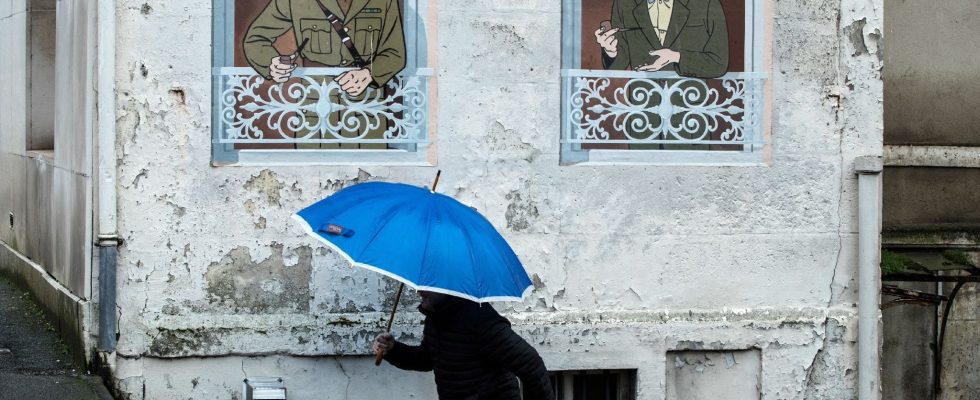At the two ends of elegance, Floc’h and Bartabas. A man of the pen and a man of horses. In common, a sort of non-media celebrity, what we used to call notoriety. Floc’h means squire, in Breton. As for Bartabas, the baptism of this nickname took place in an equestrian circus. They are roughly the same age: almost fifty years creating works that are neither completely similar nor completely different, which confront their admirers with their own duration, infidelities and revivals included.
At the time of their first editions, they were revolutionary, each in their own way. And I, as I was for the revolution, I went there. But Bartabas scared me. I wasn’t the only one suspicious. Horsemen are not easy. His shows were violent, today they are more and more gentle, as if soothed by distant epics, their poems and music sui generis. After Irish Travelers and Yiddishland, his Cabaret de l’exil pitches its tent among Persian Women. The track where they gallop is the promenade of the sacrifices, and the acrobat suspended by the hair is the last condemned before being hanged. I see it like that. They leave us to our helpless dismay.
The place of horses in this exile does not measure its decline. In twenty years, I shudder to be sure, Bartabas will present us with very old horses, crippled and bleached, impeccably pretty. At Aubervilliers, at Versailles or elsewhere, they will advance at this slow pace, with the intact elegance of the accepted obedience that they already had, young, fiery, when it was only for them. They will just be patient on the track, and it will be as beautiful as time passing away from time. We will have the same impression of recognizing the indestructible spectacle of a horseman who no longer needs to ride on it. What’s the point.
inter
Floc’h took the opposite route. At the other end of loyalty, he makes the great return to his origins: Hergé, Tintin and everything in between. What a lovely surprise to see the album of “your friend Floc’h” come out of Dora’s hands, she told me. I don’t know why she says that. I barely know him, Floc’h. Met once, almost twenty years ago. But Floc’h intimidated me with his pocket square, his colored socks, his kindness in accepting without hesitation to participate in our project, which did not happen, or only so badly. Shame on me, of course. Beautiful and joyful surprise to see him take back Blake and Mortimer. Poor people. He scoops them up with a teaspoon.
Floc’h understood everything, as always: breathing, it’s all about space in a drawing, precision in the colors. However, from buyer to buyer, everything had shrunk, becoming stifling, cluttered, touristy. With this Art of War and the Fromental-Bocquet duo on the screenplay, Floc’h expands the sentimental and psychological universe of the framework set up in 1947 by Edgar P. Jacobs. The line becomes clear again and the speech bubbles are subsequently readable again.
Blake and Mortimer’s latest investigations were so crowded with tuk-tuks, rickshaws and double-decker buses that there were fears he would pass under them at any moment. Here they are saved. They are in Manhattan and hardly move there. One beautiful fall morning, they cross Central Park, pipes in their mouths, with the same prim step. Blake: “Indian summer, one of the charms of New York.” Mortimer: “It’s true that in London it must be raining already.” You ask me what Floc’h brings to the series?
Everything, even indescribable almost nothings. Did you know, for example, that Mortimer wore socks with a separate big toe? That’s it. It’s still Blake, still Mortimer, and for seventy-seven years they’ve been chasing the same Olrik, but Floc’h has risen to such a level that it’s a point of no return. Who will now be able to follow him, without shrinking him?
.
